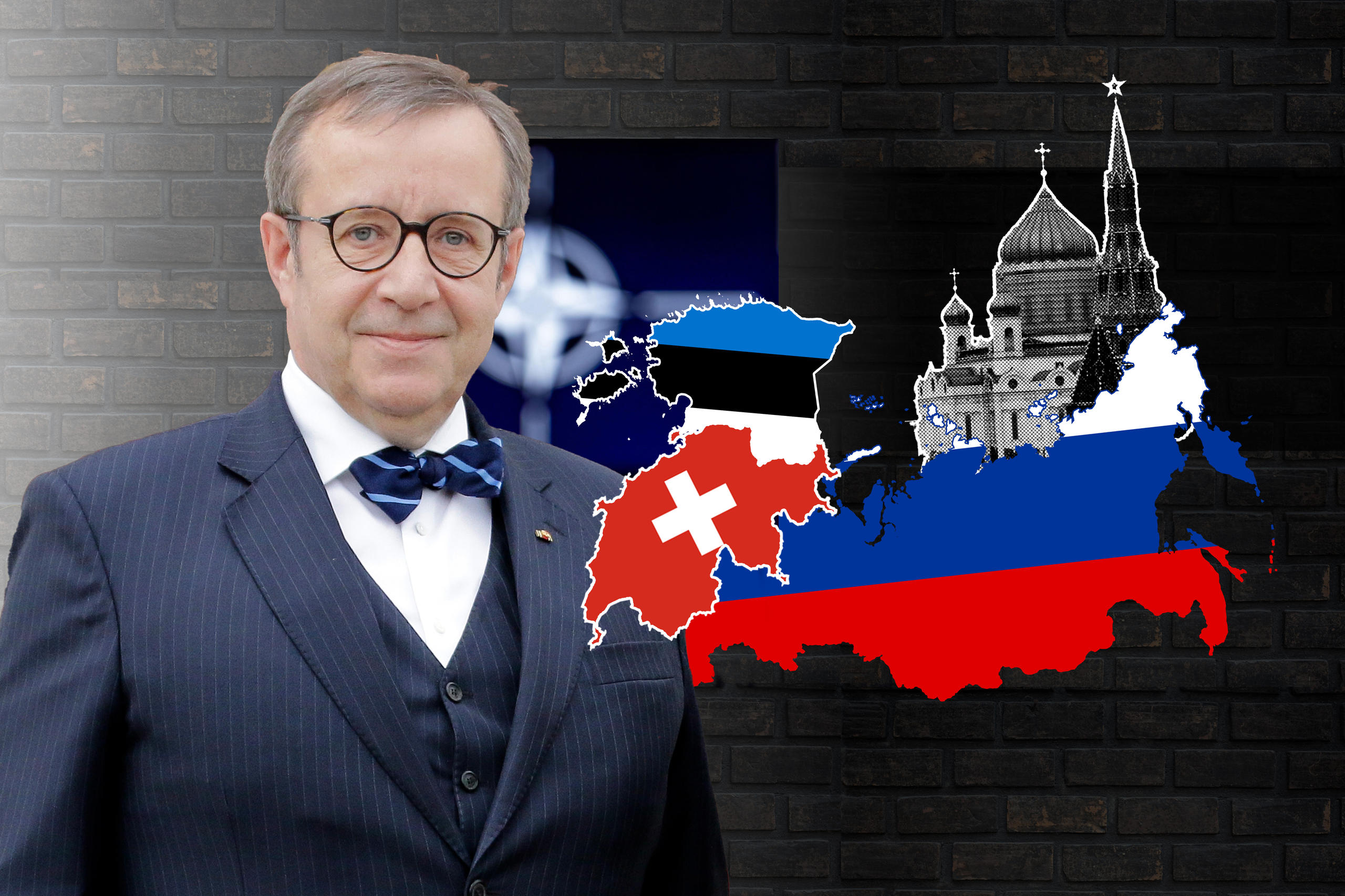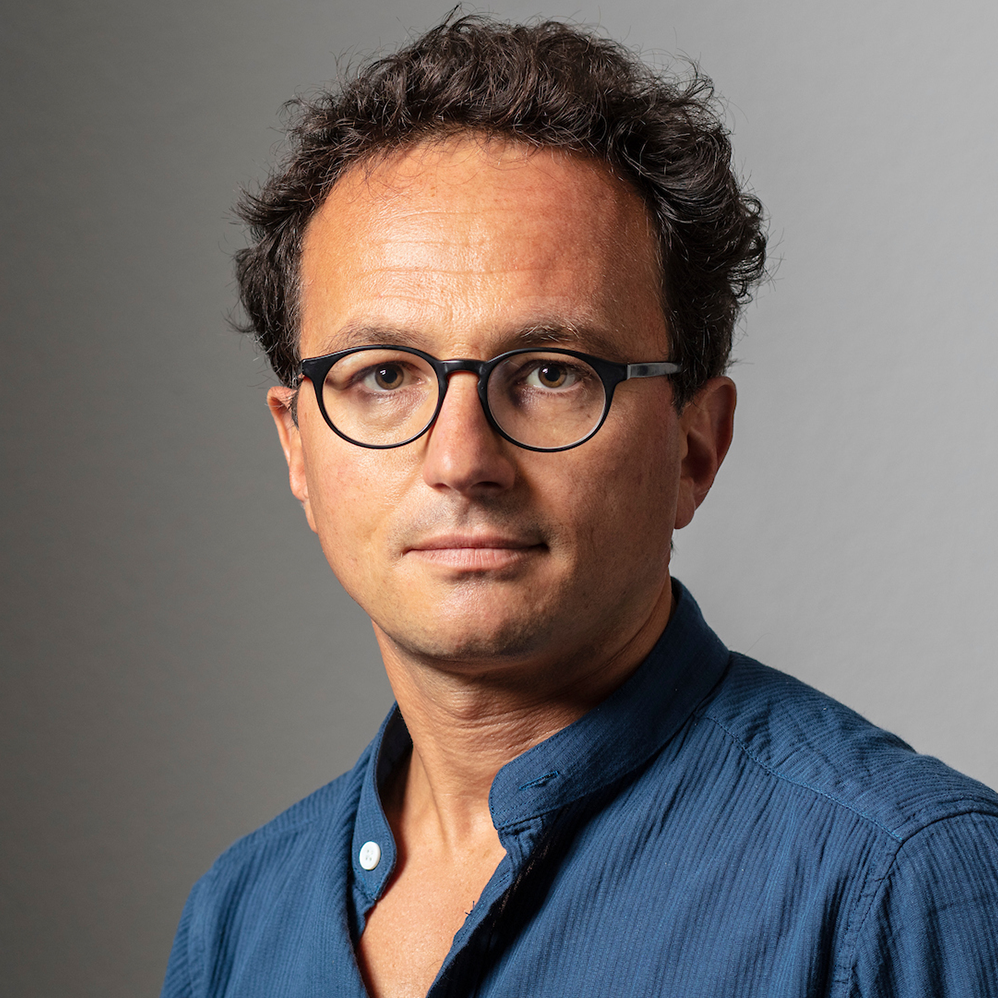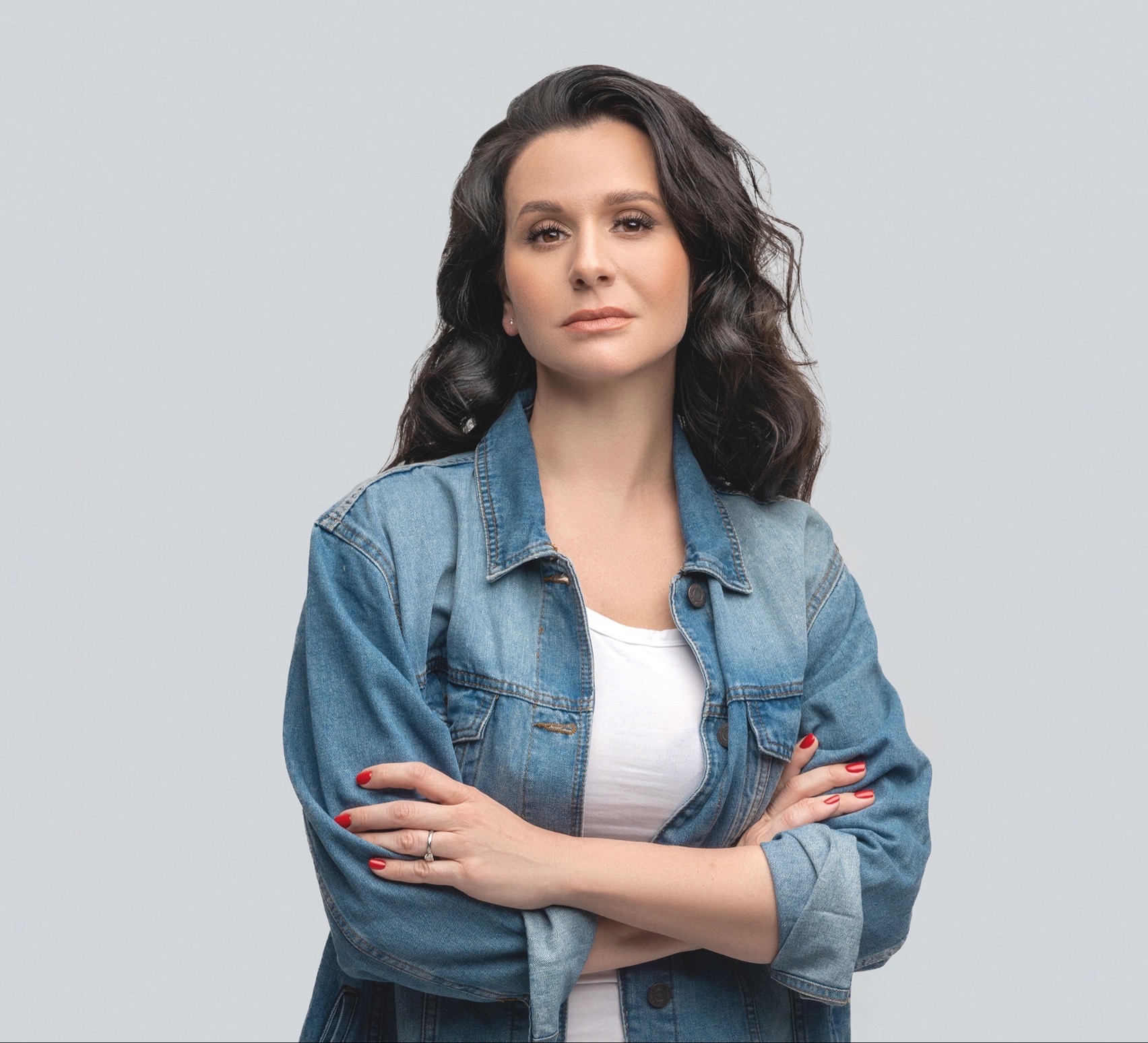
Ukraine war: former Estonian president urges Switzerland to lift ban on arms exports

It’s very easy to be neutral when you’re surrounded by NATO, says former Estonian President Toomas Ilves in an exclusive interview with SWI swissinfo.ch. Ilves does not conceal his disappointment that the Swiss authorities are maintaining their policy of neutrality on Ukraine.
Ilves says he cannot understand the logic behind the Swiss government’s refusal to lift a long-standing ban on the re-export of arms by a third country. “It is like selling an anti-tank weapon to use it for decoration,” he says.
Toomas Hendrik llves is an Estonian politician and diplomat. He is a former president of Estonia (2006-2016) and a former member of the European parliament. His parents fled to the United States after the Soviet Union invaded and occupied Estonia and the two other Baltic states in 1940.
SWI: Switzerland has traditionally taken the position of neutrality in global conflicts. How do you perceive Switzerland’s approach to the Ukrainian war and what impact, if any, has it had on diplomatic efforts?
T.H.I.: I found it rather bizarre when the [Swiss] president [Alain Berset] said, “We can’t export weapons to be used in war’. So why do you produce weapons? I mean, are you producing museum pieces? What is the point? So shut down your weapons industry. He just made Switzerland look ridiculous.
SWI:Nuclear weapons are still being produced without being used…
T.H.I.: Nuclear weapons get old, as does the technology in them.
SWI: Do you think that Switzerland still could make a contribution to end the war in Ukraine?
T.H.I.: First, let’s face it, it’s very easy to be neutral when you’re surrounded by NATO. And secondly, I don’t think that the Swiss government gets much sympathy from countries that have been invaded, like mine. Estonia was a neutral country, and in 1939-1940 it was invaded first by the Russians, then by the Nazis, and then once again by the Russians. Neutrality is a fine thing to have if you’re surrounded by NATO. But it doesn’t work.
SWI: As a former president of Estonia, what is your assessment of Russian President Vladimir Putin’s leadership style and its impact on Russia’s foreign policy?
T.H.I.: He has managed to basically destroy the last vestiges of democracy in Russia and has eliminated any form of opposition either through imprisonment or murder. So that’s his impact. We’re dealing with an almost totalitarian dictatorship.
SWI: How do you believe international sanctions against Russia have affected Russia’s behaviour in relation to Ukraine? Can sanctions be effective in stopping aggression?
T.H.l: Well, certainly, at the technical end of things. Why do they [Russian soldiers in Ukraine] have to import [back home] massive amounts of refrigerators and washing machines? It’s because they can’t get the chips to put into their guided missiles. So, in that sense, yes, the technological sanctions seem to have had an effect there. And it seems Russia is working very hard to get around the sanctions on oil. Sanctions take a while to have an effect. Meanwhile there’s a lot of sanction-busting going on by Turkey, Kazakhstan and Armenia. That’s always a problem. There can be an agreement among the European Union, the United States, Canada, Japan, South Korea and so forth, but countries like Turkey, Armenia, Kazakhstan are trying to make a profit from it.
SWI: What role can the international community play in resolving the conflict in Ukraine, considering the ongoing tensions between Russia and the West?
T.H.I.: The only thing that [Vladimir] Putin respects is force and power. What we really need to do is to stop dithering. We have come a long way since last February when Germany gave 5,000 helmets [to Ukraine]. But it’s quite clear that without serious military support, the Ukrainians can’t win. We would have had massive destruction in Kyiv if the Ukrainians had not had Patriot missiles to shoot down the missiles that were directed at them. We need firm support from the West. Here, again, the West has been playing the self-deterrence card. Putin makes threats about using nuclear weapons and then everyone says, ‘Oh no, we can’t let the Ukrainians get more equipment’. Then slowly the West realises that if we give them anti-tank missiles and the anti-missile missiles, then it doesn’t start World War Three. And more importantly, the West does not sufficiently realise that if you do not help Ukraine, then you can throw out the past 80 years of international law, because basically Putin is saying to the civilised world: ‘I can invade and there are no consequences.’
SWI: Given your experience in international diplomacy, what do you think would be the most effective way to de-escalate the situation immediately?
T.H.I.: I don’t think it makes sense to de-escalate right now. Because that means allowing Russia to keep and further strengthen the defense of territory it has illegally occupied. I would say that we need the opposite now — a very strong push to liberate occupied Ukrainian areas, especially as we know that wherever they occupy territory they commit the most horrible war crimes. So when I hear people saying, ‘We should de-escalate and have a ceasefire’, that’s basically saying: ‘Go ahead, Russia, rape, kill, torture’. So de-escalation is something you can say if you’re sitting in a bath and having a rosé. But we’re talking about torture victims and rape victims.
SWI: Most countries who suffered from the Soviet occupation, like Estonia and other Baltic states, remain united against Russian aggression. Do you think that other European countries should follow their example?
T.H.I.: What we are seeing in Europe is a division between countries that have experienced Soviet occupation and those that have not. In this country, everybody has a relative or a grandparent, someone who has suffered under Soviet Russian rule. People call the Estonian prime minister [Kaja Kallas] a ‘hawk’. Her mother was six months old when [in 1940] she was deported in a cattle car to Siberia and was in Siberia until she was seven years old, and only then came back to Estonia. So we have experience and this kind of patronising attitude of people who have never gone through this, telling us that we don’t know how to deal with Russia, is obnoxious. It’s disgusting.
SWI: You mean it happens because when some politicians speak about the war, they speak only in generalities and are unable to see the private tragedies behind these figures?
T.H.I.: Well, I mean the inability of especially Westerners, European politicians to understand what is happening and discounting the experiences of what people in the East have gone through. This has bothered me since I read a review in The Times Literary Supplement of Aleksandr Solzhenitsyn’s The Gulag Archipelago. And the reviewer said: ‘Oh, Solzhenitsyn doesn’t know what he’s talking about’. This is the bizarre inability of people to look at what happened. And you can be lectured for years by Western politicians about how they know how to get along with the Russians when they have had no experience with the Russians.
SWI: Some argue that tougher sanctions against Russia may have negative economic consequences for countries that impose them. Why do you believe the potential long-term benefits of stricter sanctions outweigh the short-term economic challenges?
T.H.I.: We’re in a war. We all make sacrifices in a war. We pay higher energy costs because we don’t use Russian oil and gas. That affects everyone. The short-term problems for people here simply do not matter when it comes to the war crimes being committed right now in Ukraine.
SWI: Should there be more specific provisions or consideration to ensure that the well-being of the Russian people, particularly in terms of access to essential humanitarian aid and services, is not compromised?
T.H.I.: Those exceptions are there already. That’s not a problem. As you know there are no restrictions on humanitarian assistance. And that’s always been there even during the Iranian sanctions.
SWI: What do you think about the idea that those Russian citizens who were not directly involved in the war should not be impacted by the economic and social consequences either?
T.H.I.: I don’t think Ukrainians who happen to live in Ukraine should be impacted by Russian war crimes. I don’t care about people who might be inconvenienced by sanctions when we have war crimes ongoing in Ukraine. And I don’t see those people protesting either. So go protest. Maybe it will change my mind.
SWI: Some of those protesters in Russia are now in jail for 25 years…
T.H.I.: Yes, there are some people in prison, but the Levada Center survey seems to showExternal link that support for war has increased [in Russia]. You still have the daughter of [Vladimir Putin’s spokesperson Dmitry] Peskov who is an intern in the European Parliament, the Russian state which threatens nuclear strike on LondonExternal link or the wife of the deputy defense minister going on shopping sprees in Paris External linkbuying things for tens of thousands of euros because she’s let in. Those things should not happen.
SWI: Some people believe that in Switzerland Russian oligarchs and their assets in local banks have not been badly affected by sanctions. What are your views?
T.H.I.: I really know nothing about Swiss banks doing business with Russia. But I know that the Raiffeisen Bank in Austria is giving loans to Russian soldiers. I would basically sanction banks that assist Russia.
Edited by Virginie Mangin

In compliance with the JTI standards
More: SWI swissinfo.ch certified by the Journalism Trust Initiative




























You can find an overview of ongoing debates with our journalists here . Please join us!
If you want to start a conversation about a topic raised in this article or want to report factual errors, email us at english@swissinfo.ch.